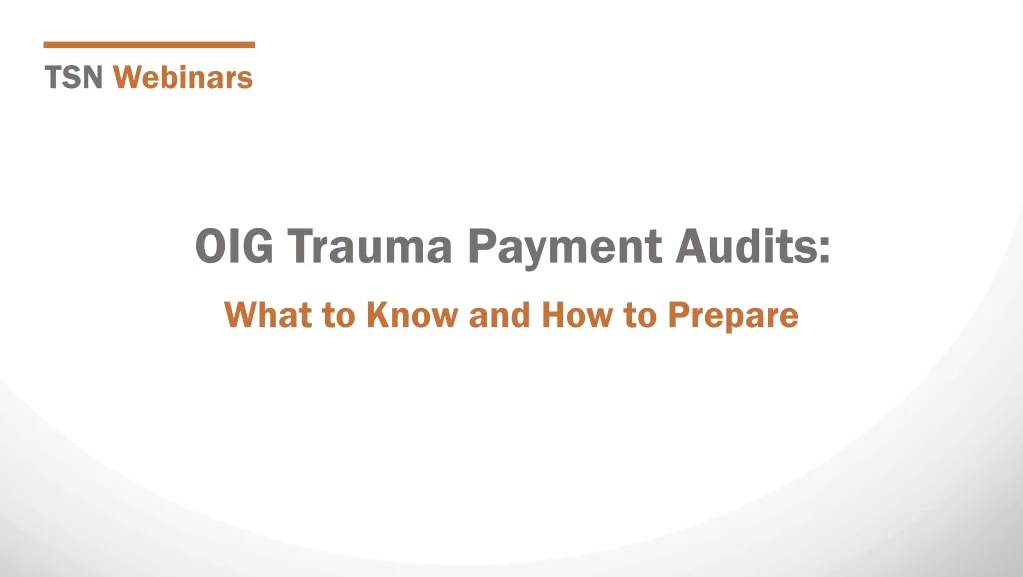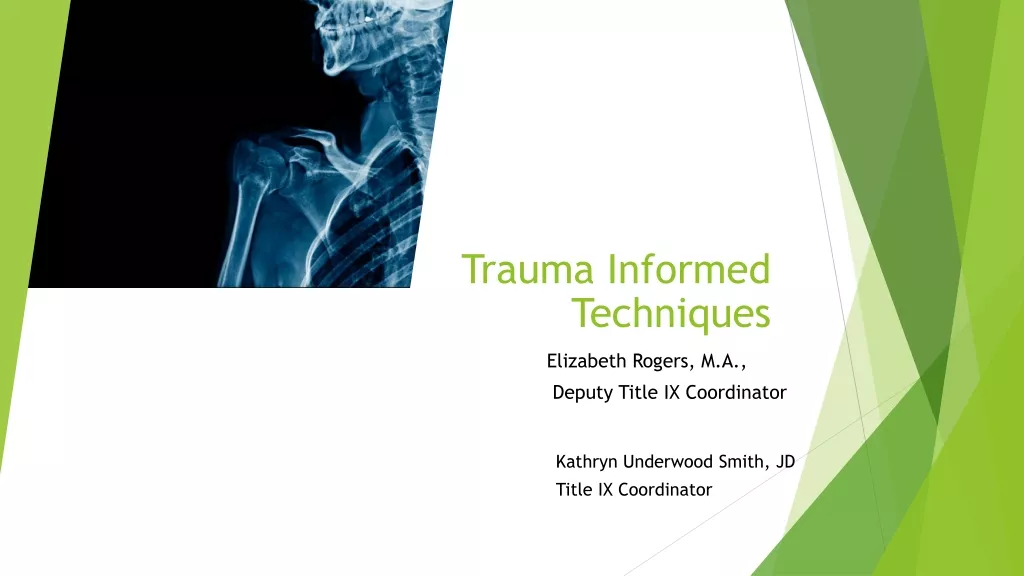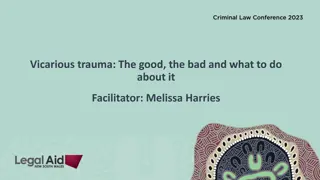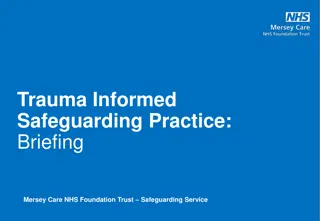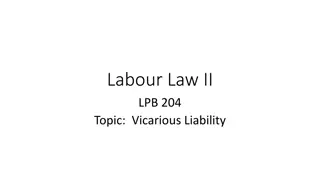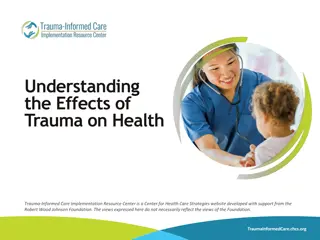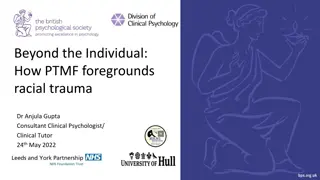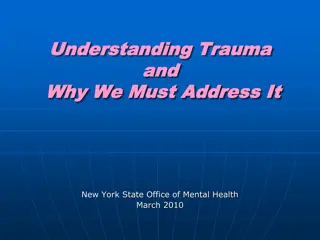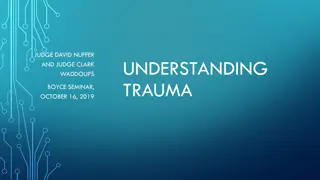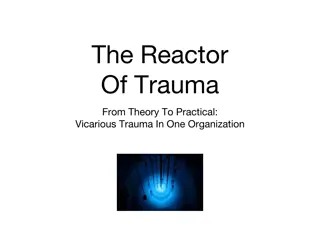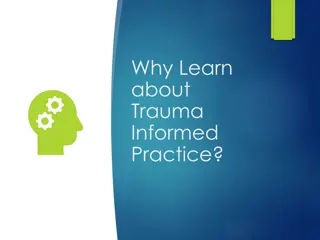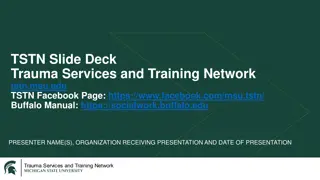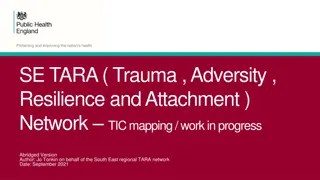Lawyers in Balance: Mental Health Challenges and Vicarious Trauma
This collection of images sheds light on the mental health struggles faced by lawyers, particularly the impact of high demands, burnout, vicarious trauma, and untreated issues like chronic pain and depression. Recognizing signs, symptoms, and potential consequences is crucial for well-being.
Download Presentation

Please find below an Image/Link to download the presentation.
The content on the website is provided AS IS for your information and personal use only. It may not be sold, licensed, or shared on other websites without obtaining consent from the author. Download presentation by click this link. If you encounter any issues during the download, it is possible that the publisher has removed the file from their server.
E N D
Presentation Transcript
Lawyers in Balance: Mental Health and the Work-Life Balance Nick Tangeman, MSW LADC-S Center for the Application of Substance Abuse Technologies University of Nevada, Reno
Can You Relate? High Demand on Time Fast Pace High Demand on Performance Heavy Caseloads High Need for Perceived Competence Feeling Like You re Not Making a Difference
Burnout Exhaustion Depersonalization or Cynicism Lack of Accomplishment or Efficacy
Can You Relate? High Demand on Time Fast Pace High Demand on Performance Heavy Caseloads High Need for Perceived Competence Feeling Like You re Not Making a Difference Trauma and Vicarious Trauma
Vicarious Trauma Think of as Secondary PTSD It is possible to experience Posttraumatic Stress Symptoms even though the event didn t happen to you directly.
If Vicarious Trauma is left untreated Can contribute to higher incidents of chronic pain Depression Drug and alcohol abuse Sleep disturbances Decreased ability to work Difficulties interacting with others
Lets compare Burnout Exhaustion Depersonalization or Cynicism Lack of Accomplishment Vicarious Trauma Higher incidents of Chronic Pain Depression Drug and alcohol abuse Sleep Problems Decreased Ability to Work Difficulties Interacting with Others
Exposure to Actual or Threatened Death, Injury or Violence Directly Witnessing Learning of Traumatic Event involving a family member or close friend Experiencing Repeated or Exposure to Aversive Details of the Traumatic Event(s) Posttraumatic Stress Disorder (PTSD) Criteria 1
Intrusive Symptoms Recurrent, Involuntary, and Intrusive Distressing Memories Nightmares Dissociative Reactions Psychological Distress at the Exposure to Internal or External Cues Physiological Reactions to Cues Posttraumatic Stress Disorder (PTSD) Criteria 2
Persistent Avoidance Avoiding Distressing Memories Avoiding External Reminders Posttraumatic Stress Disorder (PTSD) Criteria 3
Negative Alterations in Cognition and Mood Inability to remember important aspects of the traumatic event Negative beliefs or expectations about oneself, others, or the world Distorted thoughts about the event leading individual to blame themselves Persistent negative emotional state Diminished interest or participation in significant activities Feeling detached or estranged from others Inability to experience positive emotions Posttraumatic Stress Disorder (PTSD) Criteria 4
Alterations in Arousal and Reactivity Irritability and anger Reckless/ self-destructive Hypervigilance Exaggerated startle response Problems concentrating Sleep disturbances Posttraumatic Stress Disorder (PTSD) Criteria 5
Increased Risk for Drug and/or Alcohol Abuse Both Trauma as well as general job stress can increase risk for developing a Substance Use Disorder Substance use as a coping mechanism Progressive Disorder
Mental- Behavioral Impaired Control Cycle Wanberg, K., Milman, H. Criminal Conduct & Substance Abuse Treatment 2006
Criteria 1-4: Impulse Control Taking the substance in larger amounts or over a longer period of time than was originally intended Persistent desire to cut down or regulate substance use and may report multipole unsuccessful efforts to decrease or discontinue use A great deal of time is spent in activities to obtain, use, or recover from use Cravings Substance Use Disorder Diagnostic Criteria
Criteria 5-7: Social Impairment Recurrent substance use resulting in failure to meet obligations at work, school or home Continued use despite persistent or recurrent social or interpersonal problems caused by or made worse by use Important social, occupational or recreational activities given up or reduced because of use Substance Use Disorder Diagnostic Criteria
Criteria 8-9: Risky Use Recurrent substance use in situations in which it is physically hazardous Continued use despite knowledge of having a persistent or recurrent physical or psychological problems caused by or exacerbated by use Substance Use Disorder Diagnostic Criteria
Criteria 10-11: Pharmacological Tolerance Needing increased amounts to achieve intoxication or desired effect Diminished effect with continued use of the same amount Withdrawal Experiencing symptoms (specific to the substance) after cessation of use Using similar substances to avoid experiencing withdrawal symptoms Substance Use Disorder Diagnostic Criteria
Severity Rating Mild: 2-3 symptoms Moderate: 4-5 symptoms Sever: 6 or more symptoms Substance Use Disorder Diagnostic Criteria
How To Get Help If you have health insurance, ask for a list of providers Call and schedule an assessment Mild forms of Substance Use Disorder can be treated in individual sessions Explore options with your EAP Don t want to go through your employer or insurance; pay out of pocket. Worth the money. Be open to the idea of therapy, it works
Concerned For a Friend / Co-Worker Talk about it honestly Be supportive, but factual Demonstrate genuine concern
Tips for Vicarious Trauma, Stress, Burnout Team debriefing Empathize with their struggle, but not by imagining yourself in that situation Seek out attachment and personal connection with others Remember: you ARE making a difference Delegating is not a sin
Exercise NOT A PROTECTIVE FACTOR FOR TRAUMA, but As a preventative measure for stress and burnout, this is one of the best things you can do. Creates a buffer to stress Improves learning Increases BDNF Enhances Neuroplasticity Improves Mood Increases focus don t forget to eat healthy
Be aware of the difference between burnout, Depression, and Vicarious Trauma Anyone can experience Vicarious Trauma, and it is always significant Evaluate your coping mechanisms Ask for help Use the tips offered for dealing with Vicarious Trauma, Stress, and Burnout Some Key Take-Aways
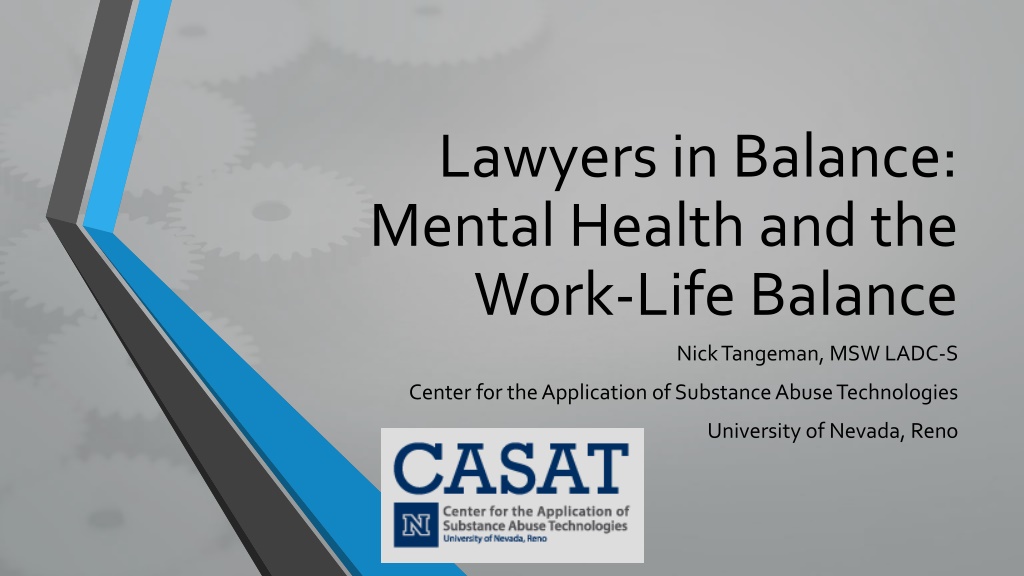
 undefined
undefined






